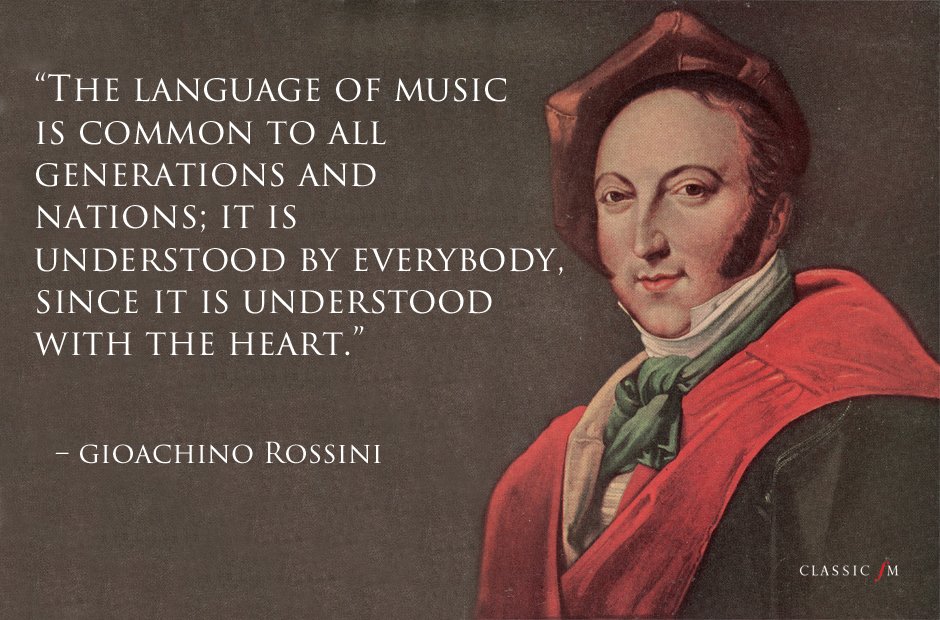
Producing demos of work for prospective employers. Using music technology to create, transcribe and arrange musical scores. Using knowledge of music theory to create compositions. They experiment with different instruments and sounds to achieve the desired effect.įull-time work is possible for established composers however competition is high and some may have to have other sources of income. A composer will reflect moods within the music which have been specified by directors or producers. Scores can be for television, films, computer games or stage productions. And I’ll continue share my music with performers and audiences.Composers use creativity and knowledge of music theory to write and transcribe musical scores. And I’ll continue to write because I love it. So I’ll take my royalty check and tuck it away in my personal project account for a future project like recording a new CD. And I’m grateful for the chance to reach a broader audience.

Because at the end of the day, we write music because we have something to say, something to share, and hope that it makes an impact on someone. There are audience members that got to hear my music, maybe for the first time, and hopefully enjoyed it. Behind that royalty check are a bunch of performers that I didn’t know that got to know my music. And I realize that you can’t put a price tag on music. In the meantime, I just keep filling that musical pipeline, finding commissions and grants and most importantly meeting great performers who love what I do.
COMPOSER MEANING TRIAL
We as composers just have to find our way along this road of music and learn a lot by trial and error. There’s no magic bullet, no exact answer. But at the end of the day we hope that our works will stand on their own two feet (and that our piece fits into the program that the ensemble/director is planning!) And of course this isn’t just about publishing but about finding the best way to gain exposure for your music. Sure, I still actively promote all of my music, whether I’ve self-published it myself or even if I’ve signed a contract with another publisher. We put our music out there with the hopes that someone will perform it/buy it/program it, but going the route of publishing means that it’s out of our hands. So, how do I stand out as a composer? Besides writing the best music possible, how do I become that composer that is programmed and performed? With that small royalty check in my hands, I realized that it’s all a matter of luck. There’s just too much music and not enough time to program it all. And truthfully, there isn’t enough time in the day to thoroughly investigate all of those great new composers. Not only do I have access to countless great living composers who are writing amazing music, but I have centuries of music to choose from when I’m programming. As a choral conductor, I choose repertoire each season for my community choir to sing.

We want to be that ensemble’s favorite composer, or we want those choral conductors to program our new a cappella work.īut I sit on the flip side of this as well. And as composers we want to get our music heard – we want to get commissioned to write great music for great ensembles, and then repeat this experience again and again. There is a glut in the market of composers – there are so many composers graduating from undergrad and grad schools these days that it becomes incredibly hard to be heard above the din of so much music being written and performed. But for today’s composer, it’s not so simple.

Get great performances of your works at your university and other universities and with ensembles. So what does it mean, then, to be a composer today? What does it take to make a living as a composer, or is this even a reality for most composers? It seems that at one point in the history of composers it was pretty straight forward (and of course I’m generalizing here….). With such small-ish royalty checks, composers like myself certainly cannot make a “living” from publishing music with publishing companies. Then we might get picked up by a publisher who will take on the responsibility of marketing and promoting our piece to a wide audience in exchange for a royalty check once or twice a year, and we imagine that fame and fortune are just a score sale away (well, maybe not…!) I felt mad – as composers, we work hard to create a work that we are proud of, and we look for people to perform it and enjoy it. When I opened it and saw that it was for a small amount, I had a literal throw my hands up in the air moment. Yesterday I received a royalty check in the mail from one of the publishers that publishes my works.


 0 kommentar(er)
0 kommentar(er)
